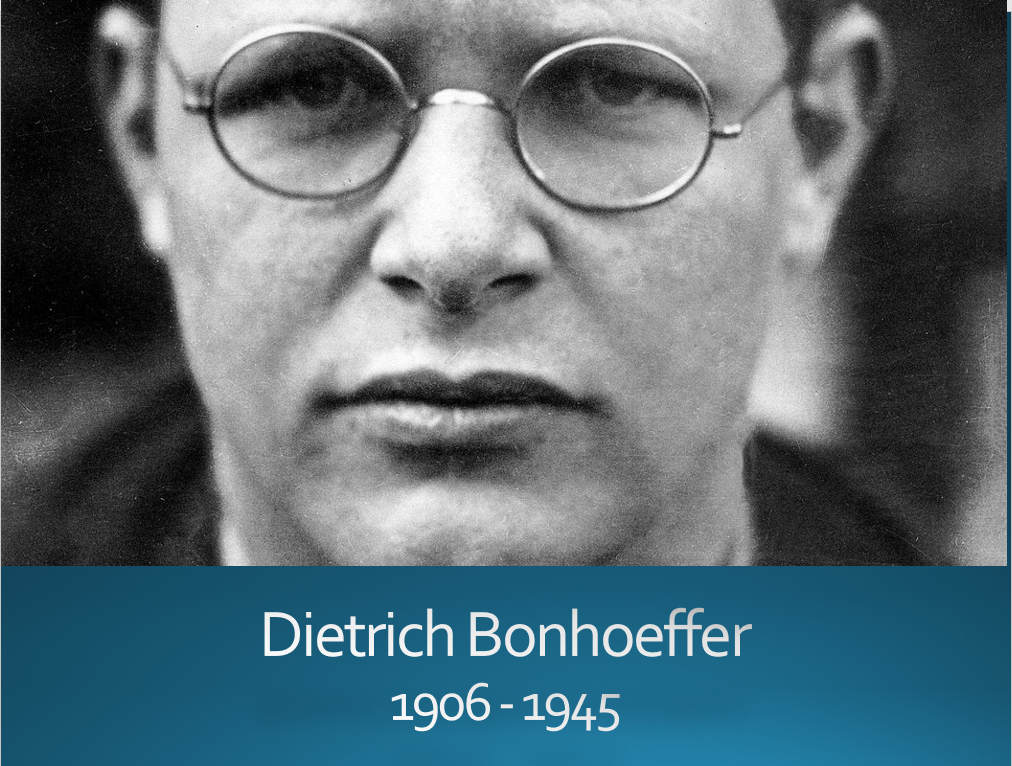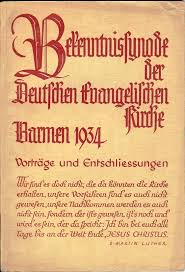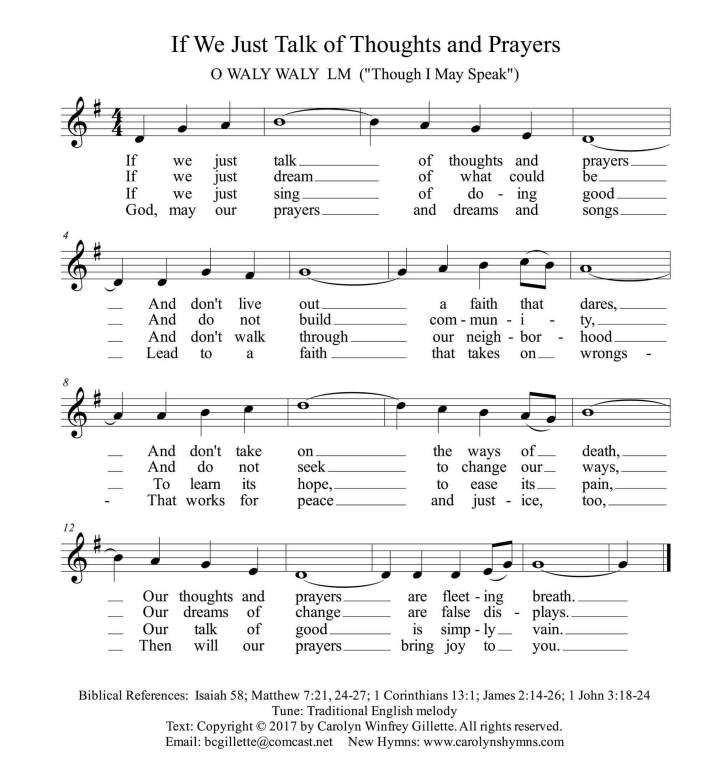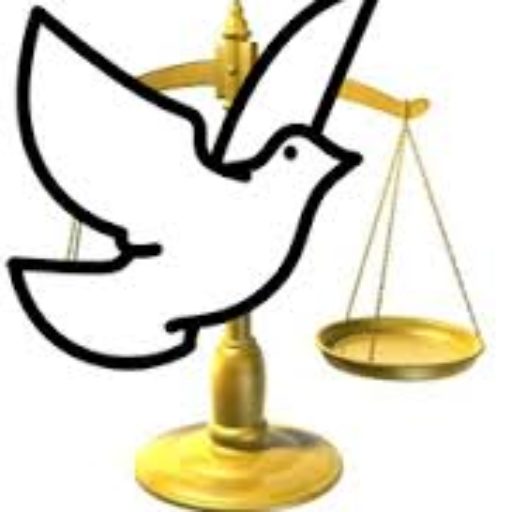Community Peace and Justice - from a Faith Perspective

Dietrich Bonhoeffer
Notes – March 14, 2018
(click on blue links on left)
“How did Christians and their churches in Germany respond to the Nazi regime and its laws, particularly to the persecution of the Jews? The racialized anti-Jewish Nazi ideology converged with antisemitism that was historically widespread throughout Europe at the time and had deep roots in Christian history. For all too many Christians, traditional interpretations of religious scriptures seemed to support these prejudices.”

“The Barmen Declaration, 1934, was a call to resistance against the theological claims of the Nazi state. Almost immediately after Hitler’s seizure of power in 1933, Protestant Christians faced pressure to “aryanize” the Church, expel Jewish Christians from the ordained ministry and adopt the Nazi “Führer Principle” as the organizing principle of church government. In general, the churches succumbed to these pressures, and some Christians embraced them willingly. The pro-Nazi “German Christian” movement became a force in the church. They glorified Adolf Hitler as a “German prophet” and preached that racial consciousness was a source of revelation alongside the Bible. But many Christians in Germany—including Lutheran and Reformed, liberal and neo-orthodox—opposed the encroachment of Nazi ideology on the Church’s proclamation. At Barmen, this emerging “Confessing Church” adopted a declaration drafted by Reformed theologian Karl Barth and Lutheran theologian Hans Asmussen, which expressly repudiated the claim that other powers apart from Christ could be sources of God’s revelation. Not all Christians courageously resisted the regime, but many who did—like the Protestant pastor Dietrich Bonhoeffer and the Roman Catholic priest Bernhard Lichtenberg—were arrested and executed in concentration camps. The spirituality of the Barmen Declaration profoundly influenced many of the first generation of pastors and laypeople who formed the United Church of Christ in 1957.”

If We Just Talk of Thoughts and Prayers
If we just talk of thoughts and prayers
And don’t live out a faith that dares,
And don’t take on the ways of death,
Our thoughts and prayers are fleeting breath.
If we just dream of what could be
And do not build community,
And do not seek to change our ways,
Our dreams of change are false displays.
If we just sing of doing good
And don’t walk through our neighborhood
To learn its hope, to ease its pain,
Our talk of good is simply vain.
God, may our prayers and dreams and songs
Lead to a faith that takes on wrongs —
That works for peace and justice, too.
Then will our prayers bring joy to you.
Reflection on the often asked question today: “Is this a Bonhoeffer Moment?” on BaptistNews.com, October 2017
“Bonhoeffer’s insights are worth revisiting when we feel “no ground under our feet,” a situation he describes in an essay written early in his imprisonment, now the first chapter of his Letters and Papers from Prison.”
Bill Leonard is the James and Marilyn Dunn Professor of Baptist Studies and professor of church history at Wake Forest University School of Divinity.

“How many look up to him [Hitler] with touching faith as their helper, their savior, their deliverer from unbearable distress.”
—Louis Solmitz, Hamburg schoolteacher, 1932Intense public desire for charismatic leaders offers fertile ground for the use of propaganda. Through a carefully orchestrated public image of Nazi Party leader Adolf Hitler, during the politically unstable Weimar period the Nazis exploited this yearning in order to consolidate power and foster national unity.”

